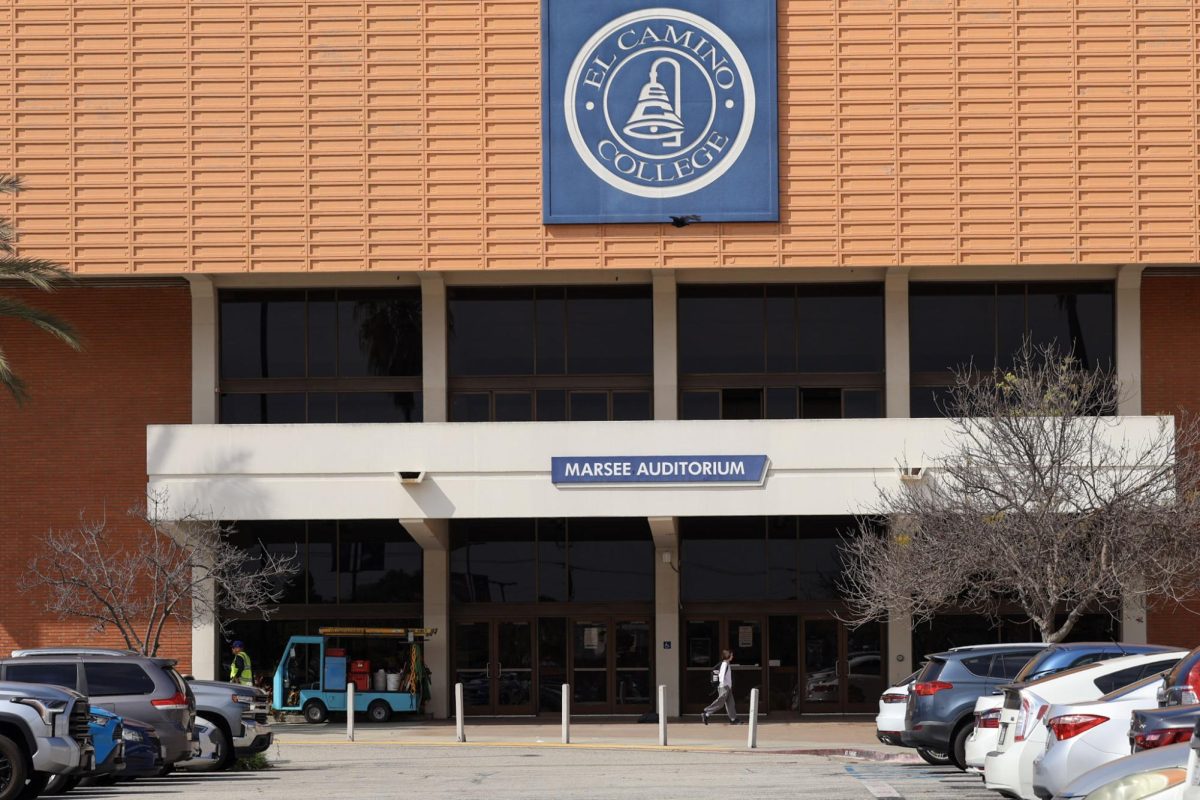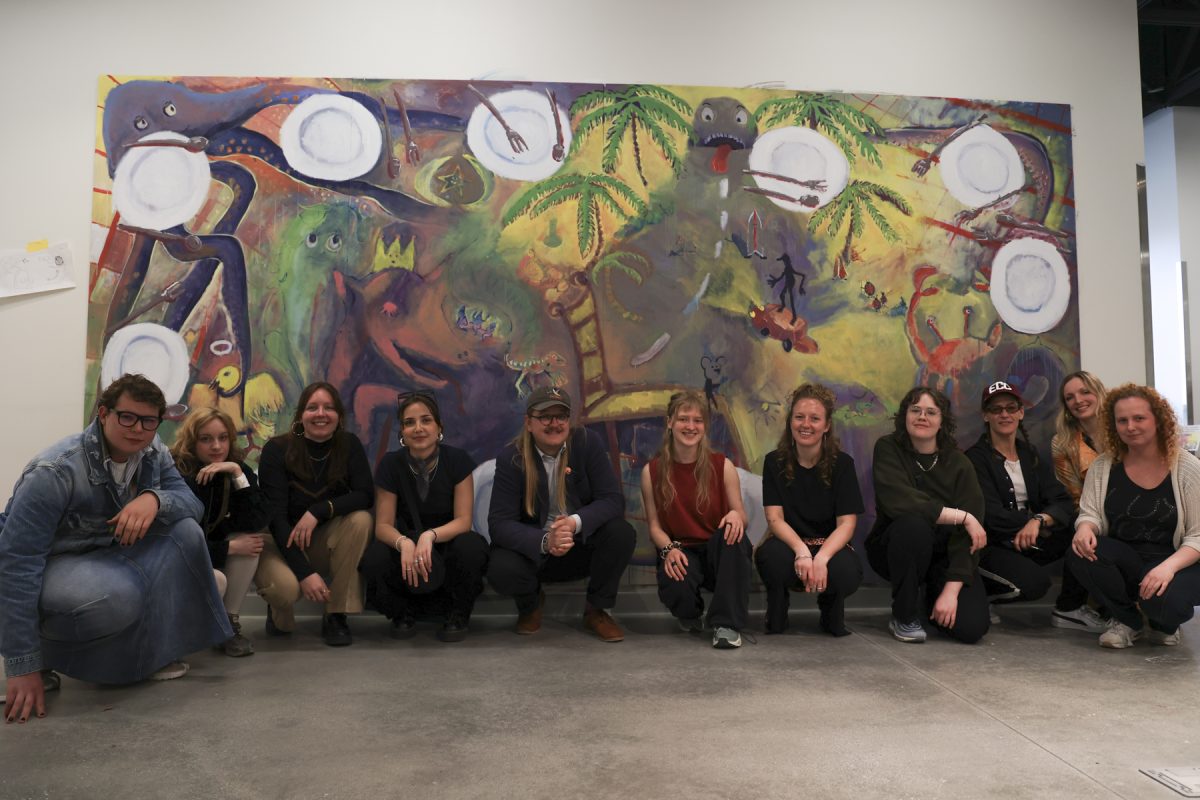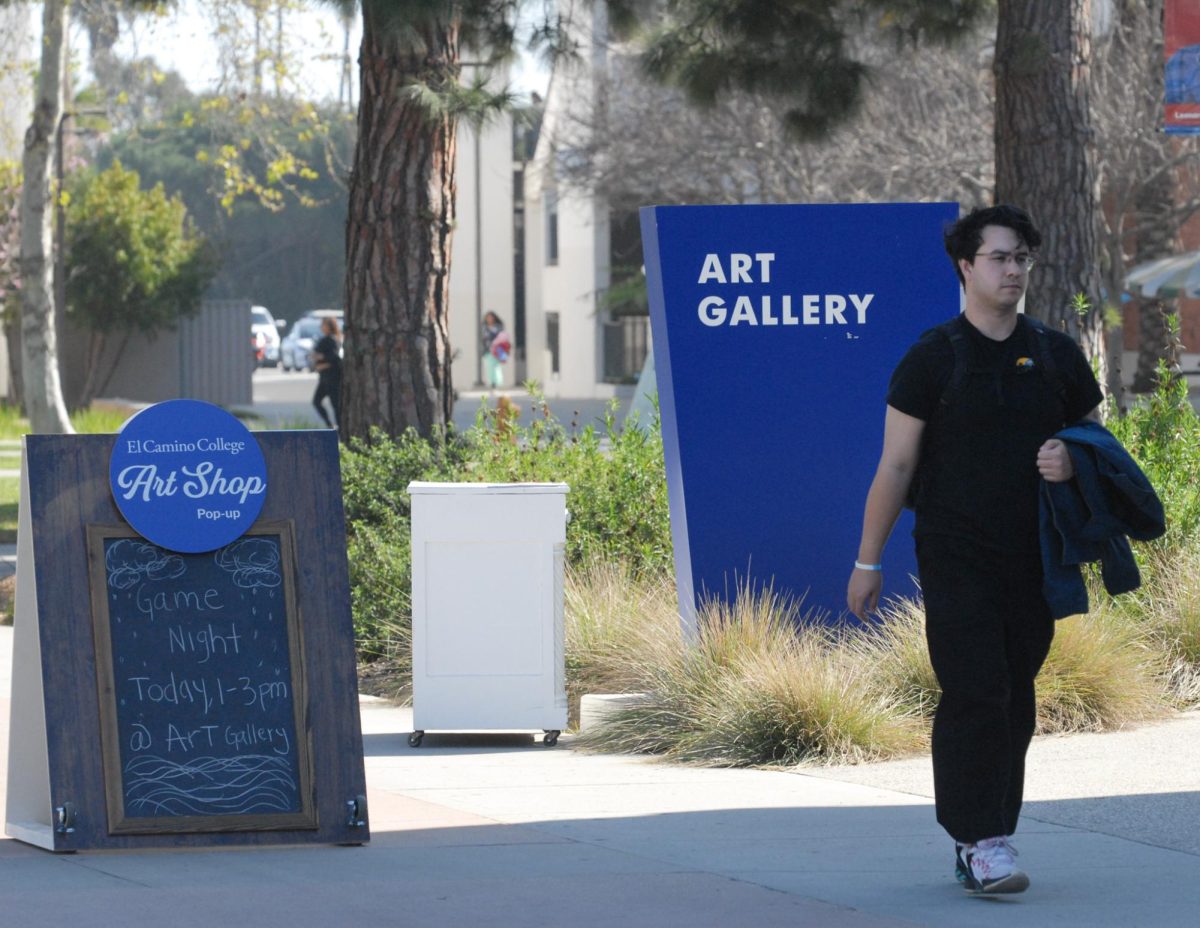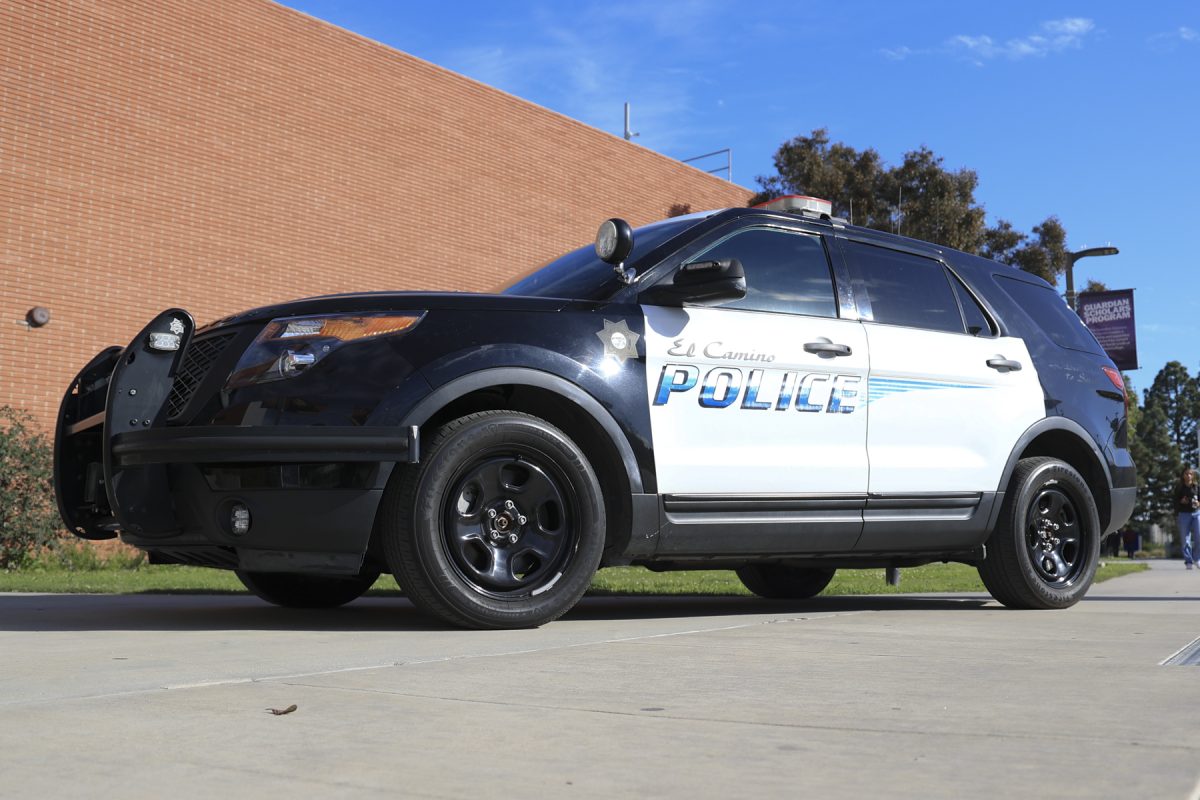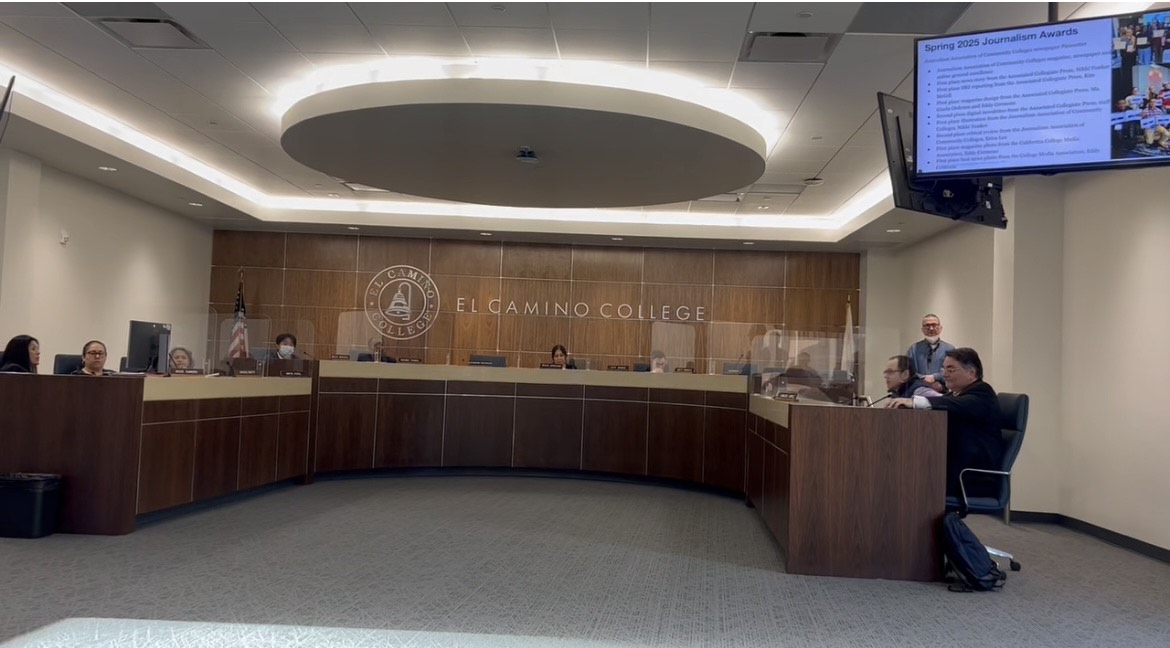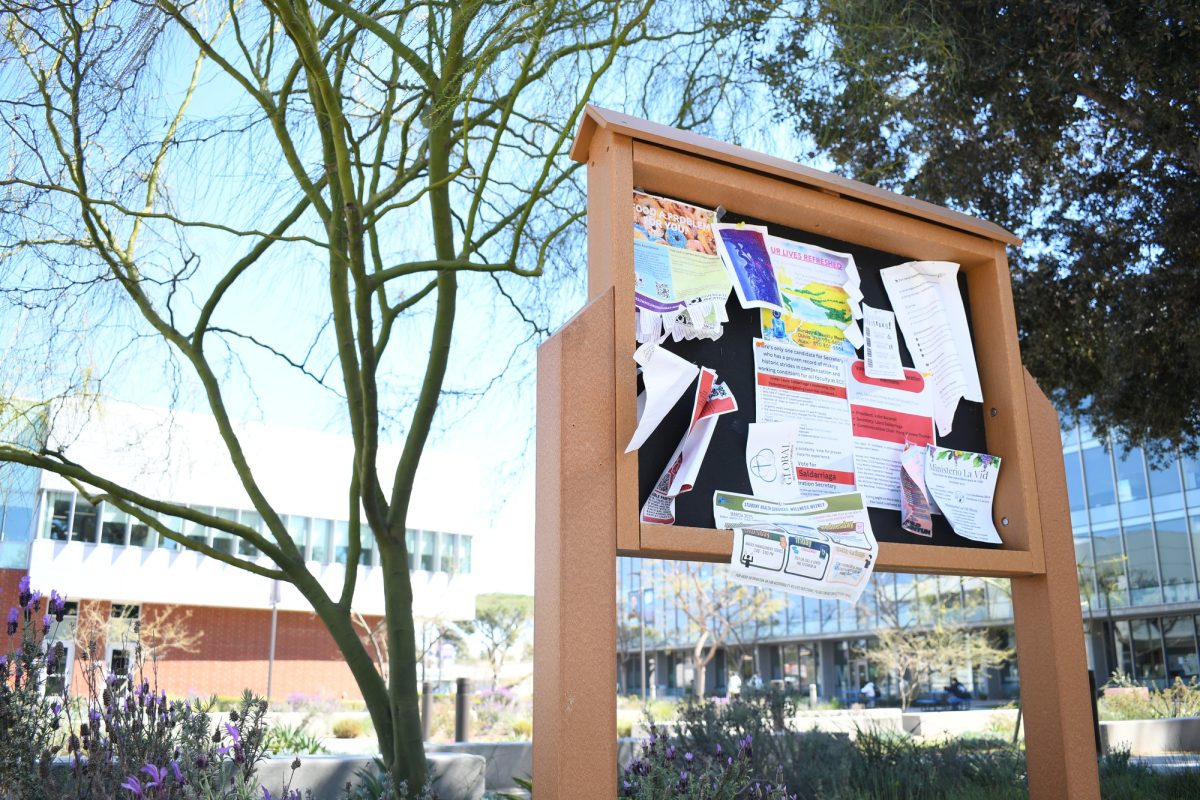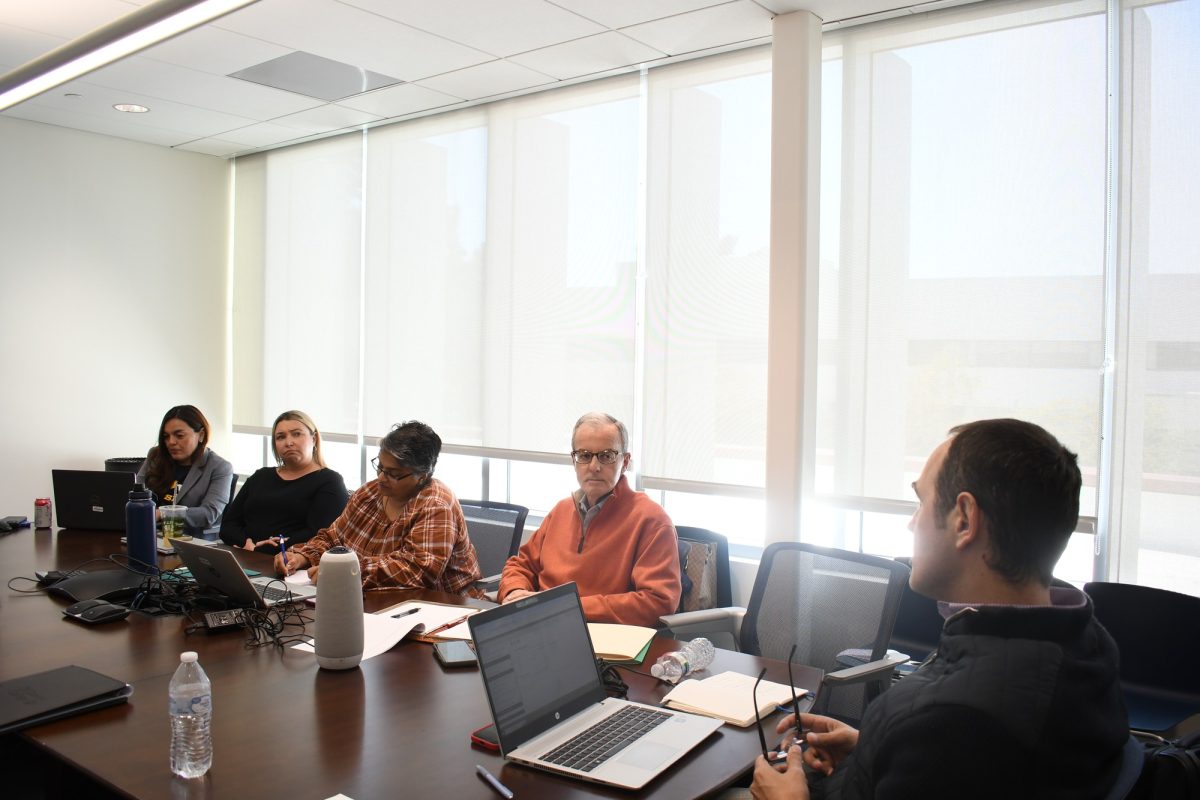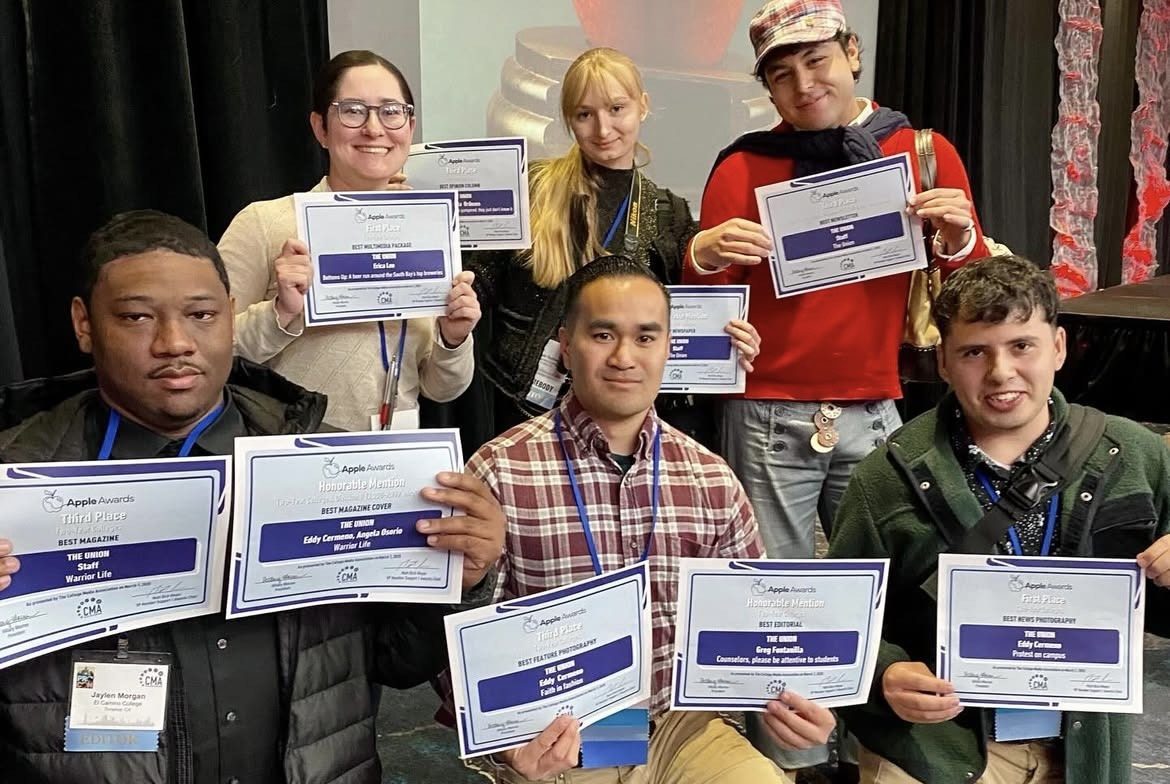Imagine bumper-to-bumper traffic, the fast-pace American lifestyle, and day-to-day repetitiveness: all gone. Now picture rustling through bushes, traveling through jungles filled with the serene calls of nature, and divulging into cultures far from home.
After years of being placed on hiatus, the study abroad program has finally begun to make its way back to EC.
EC President Thomas Fallo recently assigned Gloria E. Miranda, dean of Social and Behavioral Sciences, the responsibility to reinstitute the program.
Although the program is not officially back yet, “there is definitely a green light to begin to gradually rebuild the program,” Miranda said. The program is expected to be reinstated next summer in 2016.
As opposed to what it was before, the program will now be more affordable and a month long.
Students traveled to countries such as Japan, France, South Africa and Italy in previous study abroad trips. Destinations for future study abroad trips are tentative so far.
William Doyle, music professor, supervised many trips when the program was active. Doyle took students to visit Mozart’s birthplace in Austria, the gothic church of Westminster Abbey in England, and the roman architecture of Italy.
Europe gave students a new appreciation for music and history, Doyle said. “(It’s the) closest thing you can get to bring (Mozart) to life.”
On some nights, the students went to operas with Doyle.
“What’s more effective? Being in the hall, or playing (music) on a CD?” Doyle added.
The program was around for more than 10 years, but was placed on hold in 2011 due to several issues.
The school’s focus shifted to enrollment. EC “was in growth mode,” Miranda said.
Secondly, a contractor who worked with the program went bankrupt, resulting in financial consequences for students. They temporarily lost their deposits and were unable to study abroad. The school reimbursed the students for their losses.
While the program was on hiatus, Pete Marcoux, English professor, implemented his own study abroad program outside of EC. Under Marcoux’s program, students travel to Costa Rica for three weeks.
Students stay with local families, surf, zip-line and hike. They also travel around Costa Rica to secluded places like Monte Verde, a cloud forest, Marcoux said.
While in Costa Rica, students volunteer to teach English to local kids.
Once the study abroad program is back, students will be able to receive financial aid specifically for study abroad, Miranda said.
Despite the cost and short-time frame, Marcoux’s study abroad program had a profound effect. “(The program is) a life-changing experience, even in three weeks,” Marcoux said.
Sue Dowden, sociology professor, also noted the positive psychological influence the study abroad program had on students.
One of her previous students, Tilo Lopez, lived in Southern California his entire life. After he studied abroad, he developed a new perspective on life. He credited the trip as the most influential experience of his academic career, Dowden said.
“(Traveling is) the most crucial thing a student can do,” Doyle said. “(Students) learn about the people, the culture, and what’s important to them.”
“You know you’ve changed their lives,” Doyle added.
UPDATED: Oct. 9, 8 p.m.: The previous version of this article stated the program will be reinstated in summer of 2015. It has been changed to the correct, proposed start date, 2016.
The previous version of this article also stated that English 1C was taught in the study abroad program implemented by Marcoux. It has been changed to note that English 1C credit will only be given in EC sponsored study abroad programs. Also, in Marcoux’s current program, students can only receive credit by exam units for Spanish classes.
The previous version of this article had an inaccurate quote: “The program is expensive in comparison to EC’s study abroad program. The Costa Rica trip costs about $3,500 since it is not sponsored by the school. There is no financial aid support.” This quote has been removed.


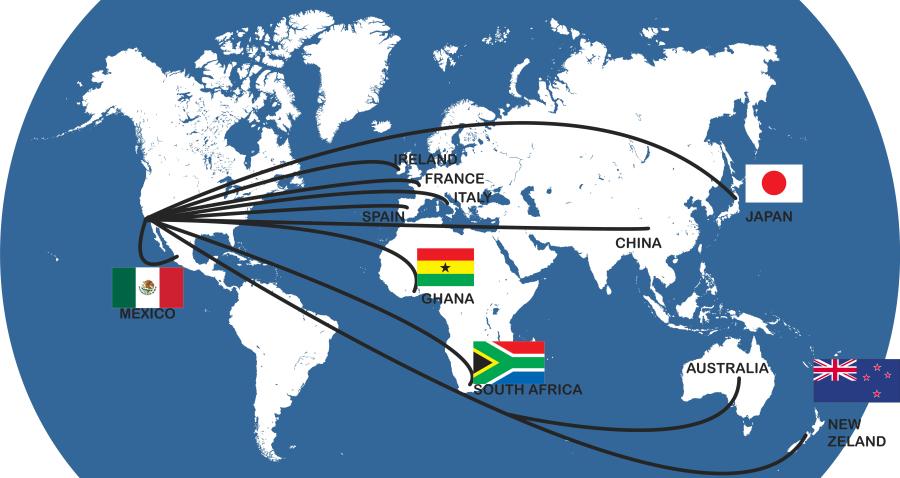
![Physical science professor Susan Stolovy presents astronomical news and updates to attendees at the first planetarium show of the semester at El Camino College on Friday, March 28. Prior to becoming a professor at ECC, Stolovy completed her doctorate in physics and worked as an astrophysicist for NASA and the California Institute of Technology on spacecraft missions. "[I'm] still very tuned into what's going on in the world of research as well, and I hope to bring a little bit of my experience into the classroom," Stolovy said.](https://eccunion.com/wp-content/uploads/2025/03/planetarium-Made-with-Clipchamp-3-frame-at-0m28s-1200x675.jpg)
